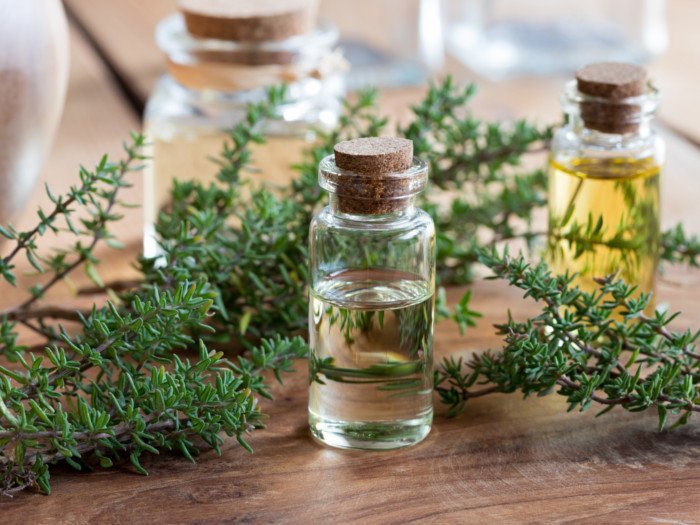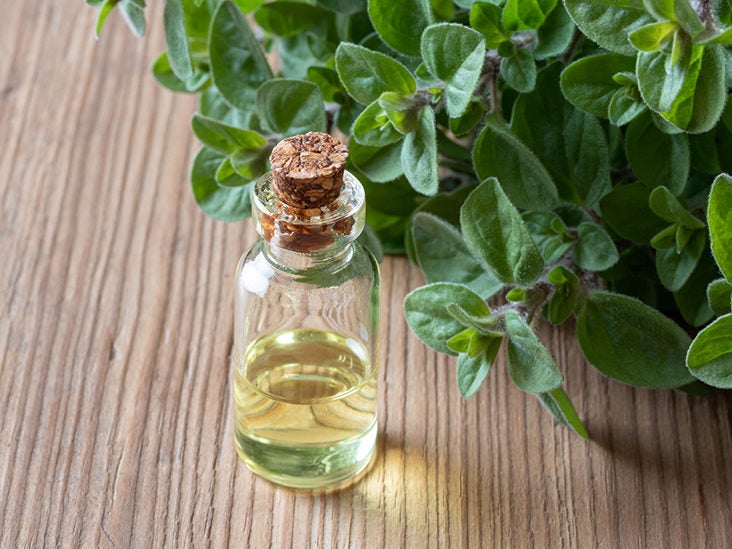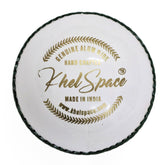"Nature's Antibiotic Arsenal: Unveiling the Hidden Powers of Honey, Garlic, Myrrh, Thyme, and Oregano!"
The Power of Nature: Exploring the Most Effective Natural Antibiotics
Introduction
In today's world of modern medicine, antibiotics have become a cornerstone of healthcare, effectively treating bacterial infections and saving countless lives. However, many people are now turning to nature's bounty for alternative remedies. Antibiotics derived from plant extracts, essential oils, and foods have been used for centuries to combat infections and promote health. In this blog, we will delve into the world of natural antibiotics, exploring their history, properties, and effectiveness. From the ancient use of honey in Egypt to the antimicrobial powers of garlic, myrrh, thyme, and oregano, we will uncover the healing potential of these natural wonders.
-
The Legacy of Honey as an Antibiotic
Honey, an age-old remedy, has a rich history as one of the oldest known antibiotics. Ancient Egyptians revered honey for its healing properties and used it as a natural antibiotic and skin protectant. The key to honey's antibacterial prowess lies in its components, such as hydrogen peroxide, which accounts for some of its antibacterial effects. Furthermore, its high sugar content prevents bacterial growth, while its low pH level dehydrates bacteria, leading to their demise.
Discover the diverse applications of honey as an antibiotic, from topical use for wound healing to internal consumption for combating infections. Explore the benefits of raw Manuka honey and its unmatched health advantages. However, caution should be exercised when giving honey to infants under one year old, and healthcare providers should be consulted for appropriate alternatives.

-
The Potency of Garlic Extract
Garlic, a well-known culinary herb, has been revered for centuries for its potential antimicrobial properties. A study conducted in 2011 found that garlic concentrate effectively combats bacteria, making it a potent natural antibiotic. Explore various ways to incorporate garlic into your routine, including purchasing garlic concentrate or making your own garlic-infused olive oil.
While garlic is generally safe for consumption, large doses can lead to internal bleeding, making it vital to follow recommended dosages. Understand how garlic interacts with blood-thinning medications and the importance of seeking medical advice when necessary. Additionally, learn about the topical application of garlic concentrate to wounds and blemishes, harnessing its antibacterial effects.

-
Myrrh Extract: A Lesser-Known Antibiotic
Myrrh, although familiar to many, has hidden antimicrobial potential that is not widely known. Uncover the findings of a 2000 study, which revealed myrrh's ability to combat everyday pathogens, including E. coli, Staphylococcus aureus, Pseudomonas aeruginosa, and Candida albicans. Delve into the safety of myrrh usage, including the possibility of diarrhea when ingested or skin rash when applied topically. Examine the packaged forms of myrrh and the importance of adhering to dosage instructions.

-
Thyme Essential Oil: A Versatile Antibacterial Agent
Thyme essential oil is a key ingredient in many all-natural household cleaners and is known for its effectiveness against antibiotic-resistant bacteria. Discover the results of a 2011 study comparing thyme essential oil to lavender essential oil in killing bacteria, where thyme emerged as the superior option. Learn about the appropriate use of thyme essential oil for external application and the significance of dilution with carrier oils like coconut or olive oil. Understand the precautions surrounding thyme essential oil, especially for individuals with high blood pressure or hyperthyroidism.

-
Oregano Essential Oil: A Healing Elixir
Oregano essential oil contains carvacrol, a therapeutic compound known for its healing properties, especially in gastric ulcers and inflammation. Delve into its applications for treating fungal infections on the skin and clearing sinus infections when diffused in the air. Highlight the importance of proper dilution and the potential risks associated with ingesting or using undiluted oregano essential oil topically.

Conclusion
As the interest in natural antibiotics grows, it is essential to have a comprehensive understanding of the available options. The ancient wisdom of using honey, garlic, myrrh, thyme, and oregano as potent antimicrobial agents has stood the test of time. However, before incorporating these natural remedies into your healthcare regimen, consulting a healthcare provider is crucial to assess potential benefits and risks. Remember, antibiotics should only be used when absolutely necessary, and it is vital to complete the prescribed treatment regimen to prevent antibiotic resistance.
Embrace the power of nature's gifts and discover the beauty of natural antibiotics, enriching your well-being and promoting a healthier lifestyle.








